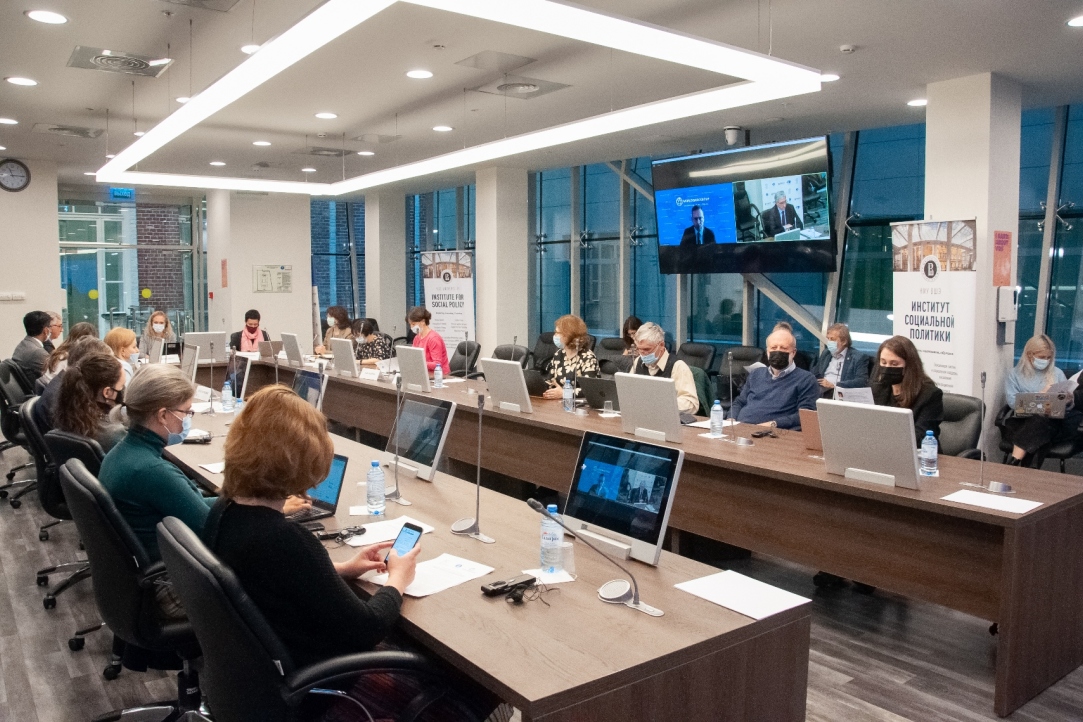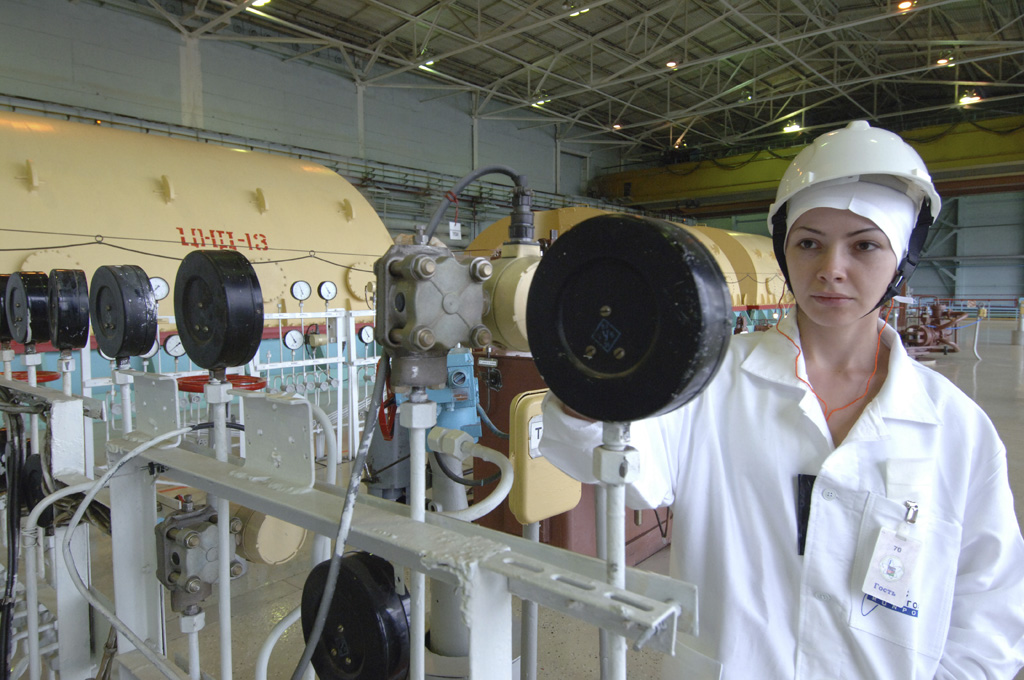
'It Is Essential to Rely on Facts and to Be Consistent and Honest'
Ksenia Rozhkova studies the labour market, learns foreign languages to gain a deeper understanding of the world, and has a passion for theatre. In this interview with the HSE Young Scientists project, she discusses non-cognitive characteristics, the role theatre plays in her life, and common myths about pursuing a master's degree.

HSE Researchers Uncover Causes of Gender Pay Gap among Recent University Graduates in Russia
A study conducted at HSE University shows that despite having the same education and similar starting conditions, the pay gap between male and female recent graduates can be as high as 22%. This is partly because female students often choose less lucrative fields and also because they tend to seek jobs in sectors that offer lower pay but are perceived to have more stable and safer working conditions.

NEET Youth: What Happens When People Lack Diligence, Emotional Stability and Perseverance
Demand for higher education increases with the development of technologies that replace routine labour, and there is already increased demand for specialists in the IT industry today. At the same time, some university graduates neither study nor work, while about one third of this ‘free’ youth cohort lives in poverty (as do their parents). This topic was discussed at the XXIII Yasin International Academic Conference session on human capital and salaries.

Customs, Career Choices and Self-discrimination: Why Women Earn Less
Experts from the World Bank and HSE University discussed the gender gap in salaries in different countries and the impact of socio-cultural, economic and behavioural factors on differences in earnings.

Education and Employment in ‘Hard’ Science Provide no Salary Advantages Compared to ‘Soft’ Science at Any Career Stage
HSE University economists question whether Russian STEM specialists are better paid than non-STEM specialists. They compare wages of professionals with STEM and no STEM majors, and those working in STEM and no STEM jobs and explore how the gap evolves over the life cycle. They find that there is no advantage of STEM major and STEM job over their no STEM alternative. They present their findings in a paper published in the Voprosy Ekonomiki journal.

Europe to Face a Reverse Brain Drain: Up to 3.5 Million Highly Skilled Professionals Could Return Home
As the pandemic continues and working from home becomes the norm in some industries, professionals who once left to work in other countries are beginning to return home. Researchers from HSE University, the Catholic University of Louvain and the University of Lille have found out how strong this movement could be and what economic, social and political implications it might bring. The preprint of the study was published in the GLO Discussion Papers.

Why Women in Russia Earn Less Than Men
On average, women in Russia earn 30-35% less than men. According to this indicator, Russia is ahead of many developed countries. The difference in earnings is primarily associated with the uneven distribution of men and women in different industries and professions, but economists cannot explain a significant portion of the discrepancy. Aleksey Oshchepkov, Assistant Professor of the Faculty of Economic Sciences at HSE University, came to these conclusions after analyzing research materials and survey data. The results are published in a chapter of the volume, Gendering Post-Soviet Space, recently published by Springer.

Gender Asymmetry Affects Labour Market
According to Natalia Tikhonova, a social scientist with HSE University, gender asymmetry has been on the rise in Russia's labour market over the past 20 years. Gender asymmetry is reflected in the ‘feminisation’ of white-collar jobs and a disproportionate number of men among blue-collar workers. In addition to this, increasing automation in traditionally male industrial sectors is leading to fewer jobs available to men. In contrast, occupations with a growing demand for skills tend to be those which are mainly filled by women.
‘Cognitive Skills Are not Sufficient to Be Successful in Labour Market’
This September, HSE – St. Petersburg hosted the 3rd IZA/HSE University Workshop on Skills and Preferences and Labor Market Outcomes in Post-Transition and Emerging Economies. HSE News Service spoke with Professor Lehmann, co-organizer of the workshop, about human capital, the importance of cognitive and noncognitive skills, and the challenges empirical labour economists encounter when studying these issues in post-transition and emerging economies.

Relatively Unhappy: How Strict Labour Laws Reduce Workers’ Happiness
Temporary or informally employed people are less satisfied with their lives than those with a permanent job. The most apparent differences can be seen in countries with strict labour laws. Tatiana Karabchuk and Natalia Soboleva investigated the legislative impact on the social well-being of employed populations in European countries and Russia.

